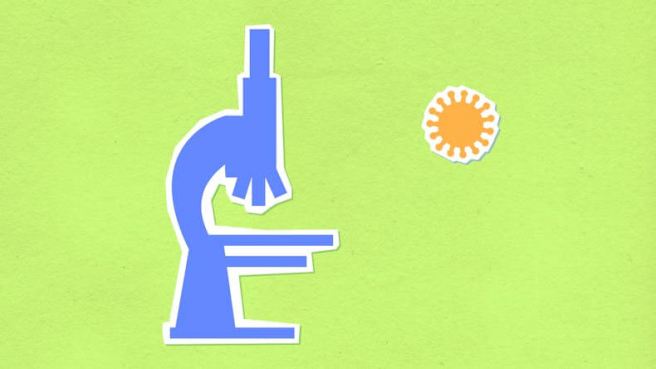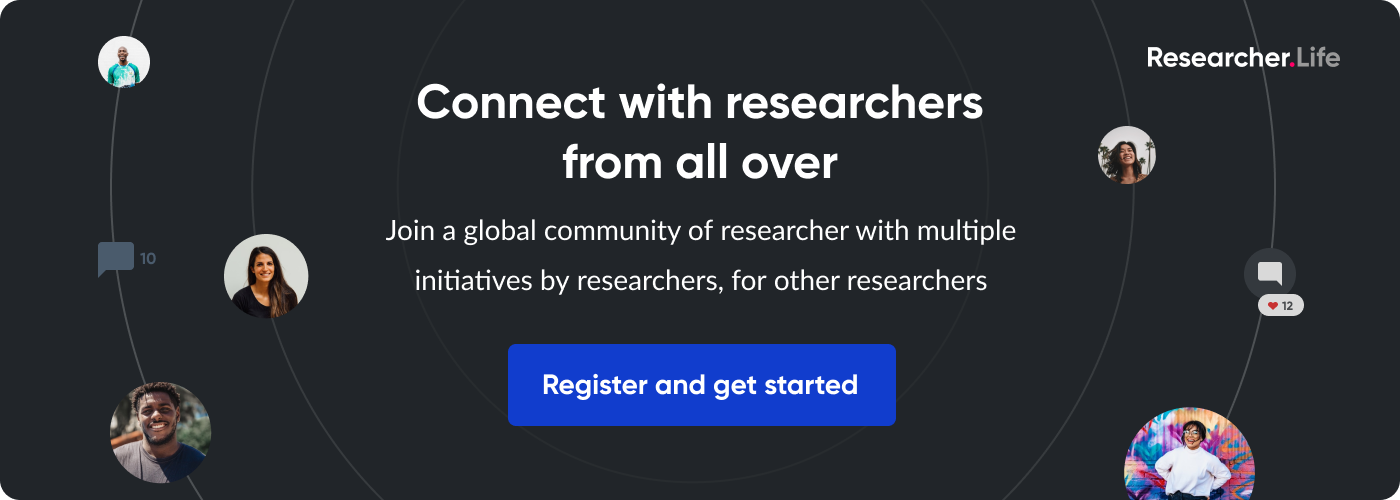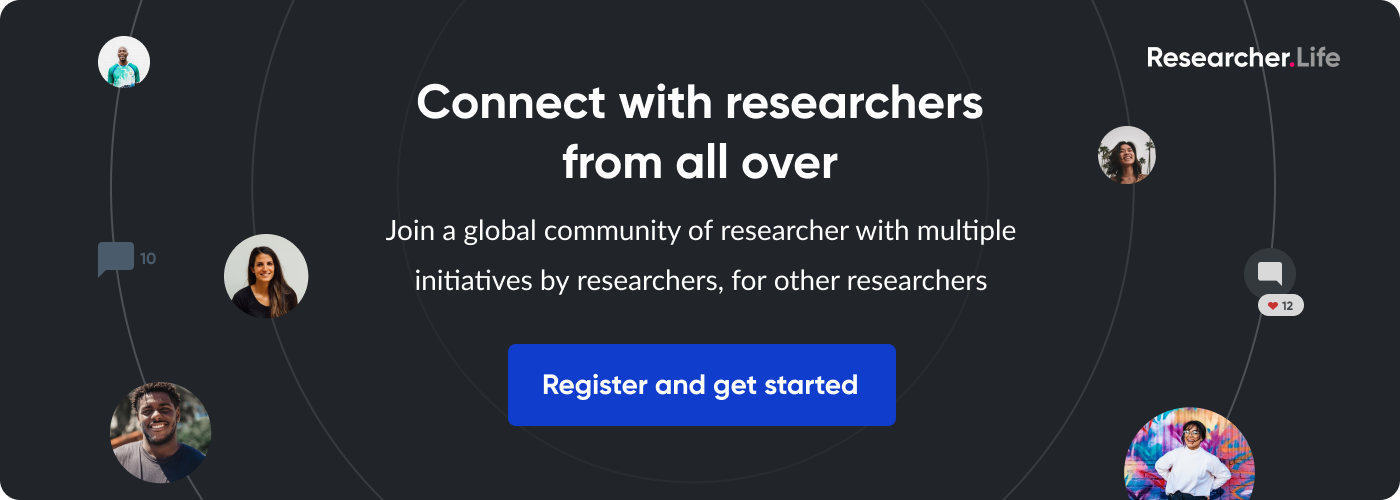Accelerating Research with Opportunity: Interview with Nikita Goel

For early career researchers, there are an array of opportunities and challenges when it comes to communicating their research. Here we present an interview with Nikita Goel, who presented her research at a microbiology conference in Edinburgh, Scotland while still a Masters’ student. This was made possible with the support of funding provided by Cactus Communications. We interview the awardee, who tells us about her experience and gives some words of encouragement to young researchers as well.
- How was your experience of attending the conference?
In April 2024, I got the opportunity to attend the Annual Microbiology Conference 2024, organized by the Microbiology Society, in Edinburgh, Scotland. I am a master’s student, so it was an extremely rare opportunity and hence even more rewarding. The conference was a 4-day event, with every day starting and ending with a keynote lecture. Throughout the day, there were parallel sessions covering a vast range of topics. Even though my interest was in metabolic pathways and networks, this conference also gave me new perspectives in the field of microbiology. I got a chance to talk to eminent scientists from around the world, ask questions about their research field. Dr Sophie Helaine from Harvard University discussed her work on the alternative metabolic state that persistent Salmonella might show. There were kiosks from leading startups and companies, highlighting technical advancement in the research field. There was also a session for entrepreneurs and scientists leading in the non-academic areas, where I not only got to know their journey to reach their position but also had a roundtable discussion with them. Dr. Alain Richard is a retired Prof from Oxford who is currently pursuing PhD in Archeology. It was an inspiring round-table discussion with him, and later a quick chat over tea. Overall, in the era of online print and publication, these events enrich and re-establish the need for smooth in-person back-and-forth communication.
- Tell us a little about your research
I work in Dr Amitesh Anand’s Lab at Tata Institute of Fundamental Research (TIFR), Mumbai. We work on metabolic adaptability in microbes to understand its implications in disease, pathogenesis, and antimicrobial resistance (AMR). In energy metabolism, the electron transport chain creates a proton motive force and produces ATP. The electron enters through dehydrogenases, and NADH dehydrogenase is the primary source under aerobic conditions. My project involves investigating the compensatory mechanism in the absence of alternate, nonproton-pumping NADH dehydrogenases in the electron transport chain of Escherichia coli. Due to the lack of this alternate NADH dehydrogenase in the mammalian system, it is also a potential antimicrobial target. I presented my work in the poster session. It was indeed overwhelming to experience such a huge audience from different expertise. I conveyed my motivation and the importance of the research and answered the question. It was enriching to get their input, and I also made contacts across the globe with people who are interested or are working in similar areas.
- What made the opportunity possible?
The conference attendance was made possible thanks to the academic support provided by my mentor, who encouraged and supported my decision to apply and participate. I am grateful that my project was sufficiently developed to be presented at an international forum. I appreciate the organizers and committee members for accepting my abstract. However, the significant expense associated with attending the conference posed a challenge. As a master’s student, opportunities for financial assistance were limited. Despite my acceptance from the microbiology society, I was ineligible for internal grants due to my lack of membership for a year. Fortunately, with the help of a colleague, I was able to connect with the Cactus Communications team, who generously agreed to fund a substantial portion of the conference expenses, covering visa application fees, accommodation, travel costs, and a portion of the registration fees. I must confess, that my attendance at the conference wouldn’t have happened without Cactus Communications.
- What are some things you wish to share with other young investigators?
I would like to emphasize the importance of taking initiative. When my abstract was accepted at the conference, it was a pleasant surprise. It is crucial to challenge ourselves and not be deterred by potential outcomes. Securing funding for my poster presentation was a significant hurdle, as funds were limited both internally and externally. Despite this, I persevered and eventually found support through Cactus Communications after facing multiple rejections.
In the scientific field, it is essential to have confidence in your knowledge and work while remaining open to further learning. By being open to new opportunities and experiences, we can expand our horizons. I encourage my fellow young researchers to stay determined and open-minded as we have a long path to navigate ahead of us.
- What’s next for you?
My journey in academic research was through many twists and turns. Now after completing my master’s, I am quite confident that the excitement research brings me is something that will keep me motivated for at least the coming years ahead. I will be joining as a PhD scholar in Prof Sourjikc’s lab at the Max Plank Institute of Microbiology, Germany. Attending the conference travelling alone, presenting my work to a huge audience, and interacting with a wide diaspora instilled in me the confidence to focus and excel in my interview at Max Plank.
Comments
You're looking to give wings to your academic career and publication journey. We like that!
Why don't we give you complete access! Create a free account and get unlimited access to all resources & a vibrant researcher community.

Subscribe to Career Growth













